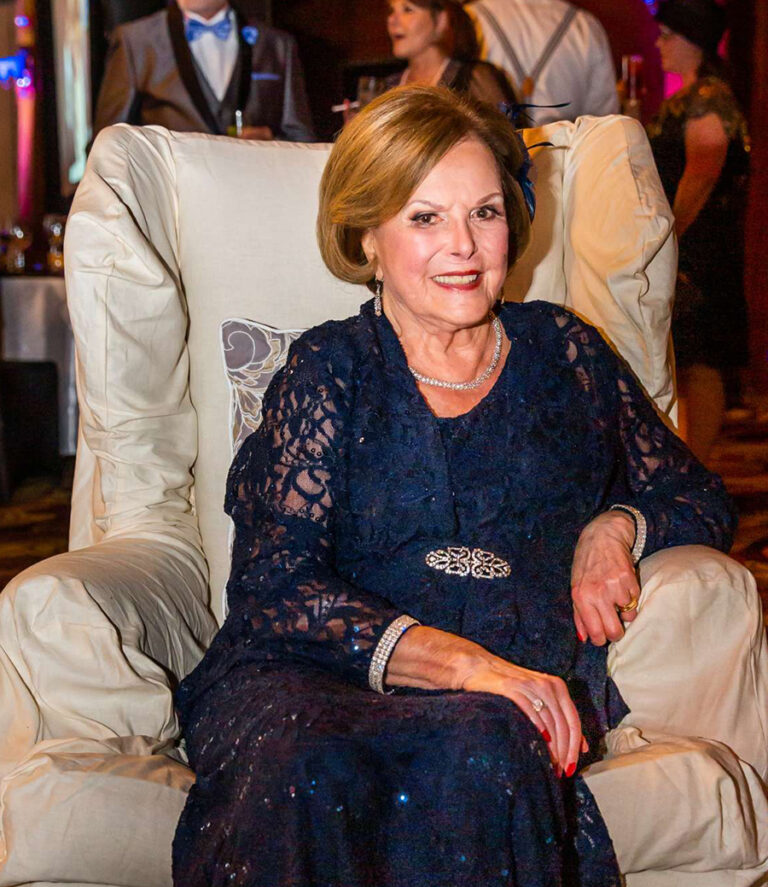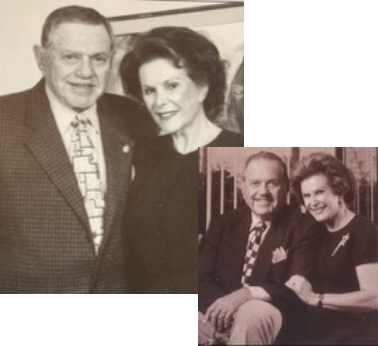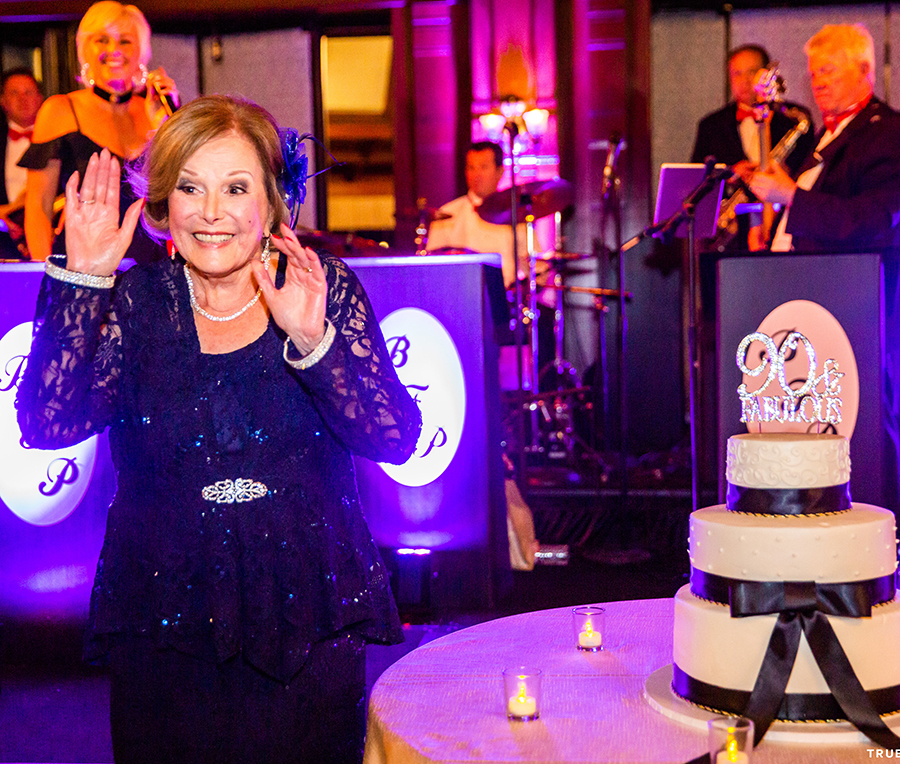A Philanthropist Fighting For Elder Justice
“I had a big 90th birthday just before quarantine,” she said. “Energy seeps away as you age, but it motivates you to do the things you really want to do.” And one of the things she really wants to do is fighting elder abuse.
Her recent endowed gift will ensure that the USC Judith D. Tamkin Symposium on Elder Abuse continues in perpetuity.
“Judith Tamkin’s support of the symposia is critical,” Dr. Laura Mosqueda said. “The symposia are, in turn, critical to advancing the field of elder abuse. They have become key international meetings of thought leaders, researchers, policymakers and young scholars. The symposia have had a significant impact in terms of disseminating research findings, improving policy, inspiring young researchers, and encouraging many and varied collaborations, which have led to innovative research and counterintuitive findings. Without Mrs. Tamkin’s support, the field would not be nearly as advanced as it is today.”

Inspired to Help the Elderly
The World Health Organization reports that globally about 16 percent of the 900 million people 60 years and older experienced some form of abuse in the past year.
A comprehensive review published in the New England Journal of Medicine in 2015 found that approximately 10% of older American adults experience physical, psychological, verbal or abuse, financial exploitation, or neglect.
International efforts to combat elder abuse have been unfortunately lopsided, with some countries actively addressing the issue while others lag due to a lack of awareness, understanding and resources.
Created in 2015 with an original gift from Mrs. Tamkin, the Tamkin Symposium was held in 2016, 2018 and 2020. Each symposium attracted more than 100 attendees. The latest was the biggest so far, with 170 participants including scientists from Australia, Israel, Norway, Portugal and Canada.
“Thanks to Dr. Mosqueda, we have people from many parts of the world that are now part of this movement,” Tamkin said. “The world is accepting elder abuse as a real problem. Hopefully we can get increased government involvement to further protect senior citizens and expand community interest for this sector of society.”
Tamkin and Dr. Mosqueda have forged a close bond based in part on their shared dedication to fighting elder abuse. In addition to an earlier gift establishing the symposium and travel awards, Tamkin has contributed to support Dr. Mosqueda’s research and the creation of the USC Center for Elder Justice’s website. Largely because of her support, USC is in the vanguard of research on geriatrics and issues of aging. In 2014, the Department of Health and Human Services named the Keck School of Medicine of USC as sole recipient of a grant to host the new National Center on Elder Abuse.
A Family Legacy of Giving
“I basically inherited this love of charity,” Tamkin said. “I grew up with that kind of family.”
Her parents supported City of Hope and other charities. Her mother worked, which was rare at that time, as a concert pianist and then as the first woman court reporter. The government position provided their family with financial stability, which allowed Tamkin’s parents to continue and expand their charitable giving. When Tamkin married in 1963, she followed in her parent’s footsteps by marrying someone who was dedicated to charitable giving.

SEE YOU IN 2026
USC Judith D. Tamkin International Symposium on Elder Abuse
Join researchers, practitioners, lawmakers, and other stakeholders to share findings, strategize solutions, and help shape and propel the field of elder abuse and justice.
A Broad Range of Charitable Giving
The Tamkin family supported many universities and hospitals, including City of Hope, Morehouse School of Medicine, UC Irvine, Scripps Memorial Hospital, and Children’s Hospital Los Angeles. Mrs. Tamkin has a long, steadfast relationship with USC. Her late husband, Dr. S. Jerome Tamkin, attended and taught at USC. Other gifts through the Tamkin Foundation have funded programs at the Keck School, USC Norris Comprehensive Cancer Center, and the USC Viterbi School of Engineering.
More recently, Tamkin became interested in helping children with disabilities to participate in the Boy Scouts. The experience expanded her vision of going out into the community, outside hospitals and funding big buildings.
Her giving has been rewarding, especially to Morehouse School of Medicine, which, she said, “created a haven and opportunity for a special community,” and her volunteer work with Cedars-Sinai Medical Center, where she met with a group of individuals with terminal illnesses to talk about death and dying. She is a certified hypnotist and used that skill to help the group members.

Tamkin hopes her children, grandchildren and great grandchildren will continue the legacy of giving and supporting the campaign against elder abuse. She said, “They are the kind of people who will give to charity.”